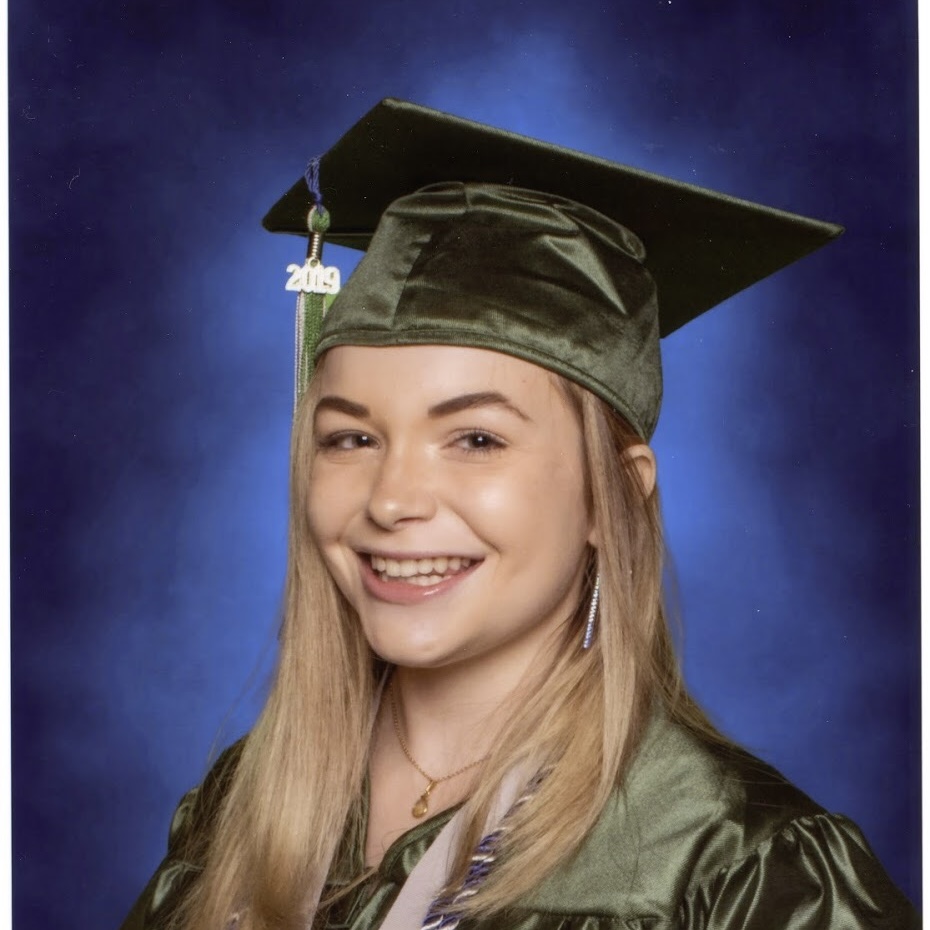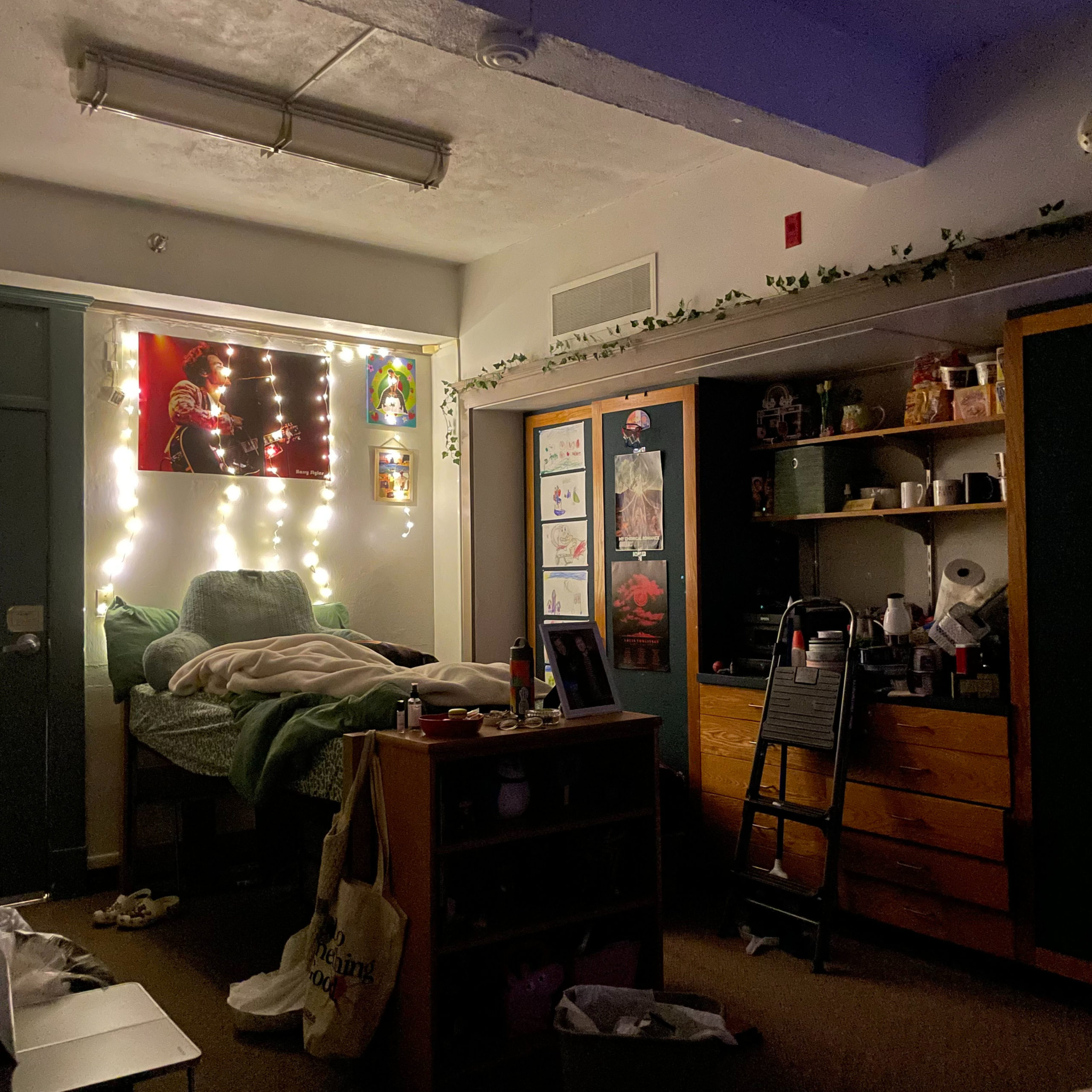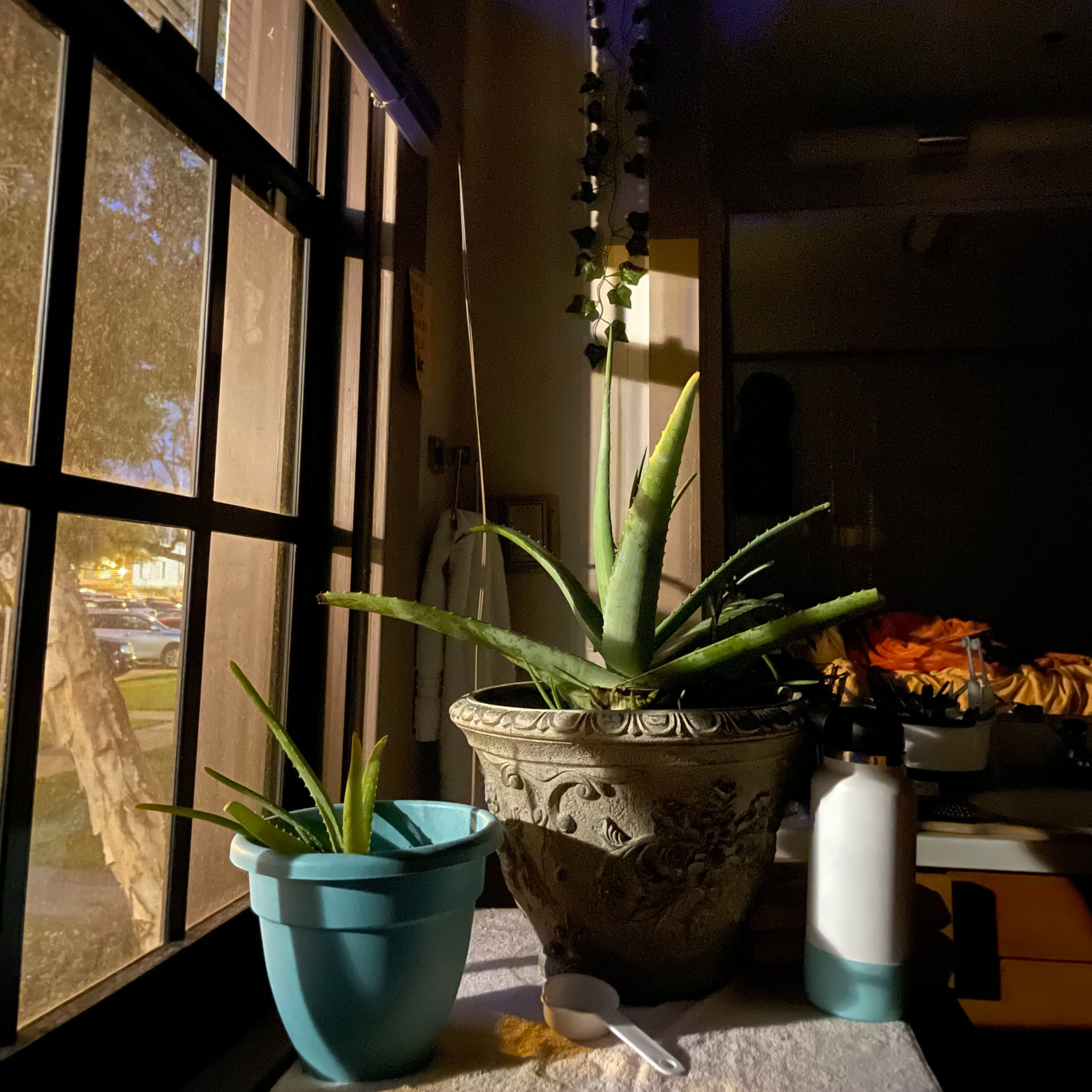Kite Writer Jane Cooper breaks down her scholarship-winning essay and gives students tips on how to approach their own college applications.
Last time around, I introduced you to my own college journey, including the fact that I didn’t have the best GPA at the end of my high school career. And yet, thanks to my college counselor taking advantage of services like Red Kite – in combination with my college essay – I was offered a cumulative $406,000 by three different universities (quick flex).
Now let’s take an up close and personal look at my essay, paragraph-by-paragraph. As a reminder, we’re going to be starting a series on this blog of analyzing successful college essays. That way, our applying students can form their own strategies and ideas.
Many kids aren’t as fortunate to have the support and resources that I did, let alone a second chance after a bum GPA in an ever-competitive world. Whether you’re navigating this process on your own, with your family, or otherwise, be sure to check out myredkite.com for access to our Red Kite Matching Engine, which compiles over $25 billion in scholarships and financial aid. Everybody likes free money!
Away we go!

While I was creating each of my novels, I had to think to myself, “how do I make people who don’t know me care about my work, even if they have no reason to?”
This is a subtle and noninvasive way to introduce the fact that I had already written full-length projects before applying to college. You want your essay to be forward-thinking, but it’s important to mention your past achievements without sounding like you’re bragging. Remember, above all, you are selling the idea of yourself to colleges. Put on your marketing hat and advertise!
Another thing about this paragraph is its honesty. I was straight-up spelling out my thought process, because I realized there would be another person on the other side of this essay. The admissions office is made up of real people, not just this scary idea of decision-makers who hold your future in their hands. Talk to them like people. They’ll appreciate it.
The same goes for personal essays like this. Anyone can talk up and down about all the things they had to overcome and their accomplishments in their life, but the difference is how it is told. The answer has unequivocally always been to embellish, exaggerate, and create sympathy. This is not what I plan to do here.
Here in the creative writing world, we refer to this as a “hook.” I am setting up the structure for the rest of my essay while simultaneously keeping my audience intrigued. “This is what I don’t plan to do, so stay tuned to find out what I do plan to do.” There’s a difference between this and filler, which is where you divert from the central subject at hand by talking around it, not about it. It’s the same as any basic essay outline: beginning/introduction, middle/support, and end/conclusion.
And again: I am speaking to the admissions office on a personal, human level, and I’m doing it by acknowledging the thin strategies many writers use when trying to convince colleges to admit them into their program. There’s nothing wrong with embellishing, exaggerating, and creating sympathy – especially when it’s yourself that you’re trying to sell – but I was applying to writing programs. You want to craft your essay around whichever type of program you’re seeking to get into. Not only am I referring to my own story in this section, but I am speaking to the art of storytelling as a whole.

Instead, I would like to introduce the truth of my own story, as raw and unbiased as I can manage. I hope to symbolize the confidence I have that the truth alone is enough to set me apart from other essay writers, applicants, and authors.
Truth, people, truth! If your essay reads as anything less than genuine, it’ll only hurt your chances. Be vulnerable and “raw,” as I put it here. You don’t need to overshare, but you can’t grow without risk. If you feel like you’re holding back or watering yourself down, remember that you are unique. There are other people out there who have similar life experiences and circumstances, but you are you, and nobody else. Not only do you want to acknowledge your individuality, but this essay is actually an opportunity to capitalize off of it. Let ’em know your struggle and your strength!
I was born in Austin, Texas to a mother who earned a Bachelor’s in Journalism at the University of Texas and self-published a book of autobiographical columns. My father also dabbled in poetry, and we like to joke that I took their flairs for writing and multiplied them exponentially.
We’re starting from day one – literally – and this isn’t always a bad thing, but I do want to acknowledge that the overwhelming majority of college applicants will structure their essays in this way. Going through your life in chronological order is an easy-to-follow method of detailing your story, but if you want to be different, throw your audience right in the middle.
For example, now that I’m applying to graduate school, I would probably restructure this essay to begin with the social media disaster that I detail at the very end of this essay. Not because I’m trying to create sympathy, but because I want to emphasize a unique, writing-specific experience I had, which then convinces my audience to care about me. You need your reader to be invested in you and your success, and thereby, you must keep them interested.
This structure worked well with setting up my own personal passion and personality, because I have possessed a near-compulsive (and sometimes annoying) enthusiasm for writing since I was born. But that isn’t always the case for applicants. In fact, more often than not, students will still be figuring out their passions by the time the college applying process comes around. And that’s totally fine! If you’re a student who’s still unsure about their path forward, that’s a strength as well. You’re open and flexible, but not uncommitted.
Clearly, the common denominator of this essay is that I am committed to my art. Write about whatever it is you are most passionate about. Whether it’s taking care of your siblings, volunteering at a local animal shelter, or working at the mall to pay for your car, your life is your responsibility. And if colleges see that you are committed and responsible, you have a surefire way into admission.

I wanted to be a writer before I could write. When I was two, I would scribble nonsense in notebooks, then read them out loud as if they were actual books. It has always been a deep passion ingrained within me to the point where it feels as natural as breathing or eating. During my childhood, I had so many ideas that I never ended up completing anything I wrote, because I would too quickly move on to the next one. Eventually, I had thousands of unfinished books, ranging from 2 to 250 pages.
As I mentioned, this is supporting my assertion that I was born to write. Now, I want you to know that if you were born to sit on your couch and watch YouTube, that’s fine! (Thank goodness we exist in the same world as Jenna Marbles.) Focus on what you want to do at college. What you want to explore, what you’ve already explored, and how you’ve already proven yourself as a capable student.
While writing any essay, you want to have support for whatever idea you’re trying to explain. In retrospect, I would probably cut this section down, and make reference to how my personality will shine at college. “Because I am such a dedicated writer, I want to bring my skills to reputable programs” type of vibe.
After my family moved to New York when I was in elementary school, I faced abuse at the hands of teachers and family members, suicidal tendencies, and crippling anxiety that would go on to take almost a decade to overcome. I began to slow down, and I finished a 45 thousand word book when I was 12, my first ever novel. It allowed for the confidence that I was actually able to complete my ideas, but more than that, it set the tone for the next five books that I would go on to write.
This goes back to our vulnerability motif. You are not made up of a bunch of strengths, and it is actually your struggles that make you strong. If you go into your essay intending to emphasize your accomplishments as a selling point, your voice will be lost in what will be the most competitive applicant pool of all time.
Not to sound like a weird therapist mom, but from an objective strategy point, you can’t pretend to be bulletproof. Admissions offices read essays all day about capable, accomplished students just like you, but rarely will teenagers dare to open themselves up. They know you’re not perfect, because they aren’t, either. Nobody is, but you know that already from everything you’ve already had to overcome. And the fact that you overcame struggle at all is something to celebrate.
You’ll notice that my essay is a balanced mix of my mistakes and failures as well as my successes. It feels like a risk to not only admit that you have made mistakes, but to detail than explicitly. But if this is done right, your flawed history will highlight your bright future. You might picture this essay like a U shape: a confident hook, a vulnerable middle, and a triumphant end. You want to transition from one to the next smoothly, like the curve of a U.

I joined a website for writers in 2013. It took another 2 years, but eventually, my work began to take off on the site, and in 2018, I had over 100,000 followers, and I’d racked up above 70 million views across my various books. Because I was still a minor, the site placed advertisements on my work, and never paid me for them. Eventually, they deleted my profile and all of my writing over this money dispute, and I was back to square one. I had spent 4 years of my life creating on this site, and now had nothing to show for it except for screenshots and memories.
This paragraph is arranged oppositely of the last one – I switched from describing a low point and then a high point to a high point and then a low point. This way, I’m creating sympathy without overwhelming my reader.
Describing my social media arc also demonstrates forward-thinking, because social media authorship is a new, fast-growing industry. This shows that I’m already taking steps to explore the future of writing, beyond just traditional art forms.
After moving back to Texas and going through 3 high schools in 3 years, I finally found God and began meditating, effectively curing the anxiety that had crippled me since my childhood. Now, I am a straight-A student about to publish a second novel to Amazon, and my comedy-based YouTube channel has almost 1,500 subscribers. I also volunteer at a local organization teaching creative writing to underprivileged 2nd graders once a week. It’s small compared to what I achieved on the writing site, but I’m proud of it, and most importantly, I’m happy.
Hooray! I wanted to give a brief, surface-level explanation for my poor GPA, but quickly soften that with the momentum of my later high school years. I’m laying out the fact that although I struggled in school, I got my act together towards the end, and I’m coming to college as a capable, responsible student.
Another thing about this section is it’s diversity. I touched on a broad variety of accomplishments that I figured would appeal to colleges: my ascending grades, my extracurricular writing, my social media, and my volunteer work. On their own, they might not be as compelling, but when put all together, this clearly stands out as an applicant who is hard working in a variety of fields.
Only a year ago I had lost so much, and although I’m still suffering from certain aftereffects of that loss, I now firmly know I am strong enough to face anything. Nobody and nothing can take away my potential, my determination, and my talent.
I ended the previous paragraph on a very non-academic note: I’m happy. Obviously, this has little to do with college, but this follow-up paragraph expands on an idea that programs find desirable: growing confidence.
They want their community to be made up of independent thinkers who can come together and change the world. Find your happy, acknowledge your faults, and relentlessly pursue your own excellence. (Yes, that’s a link to an article about Beyoncé. Nobody can be Beyoncé except for Beyoncé, just like nobody can be you except for you. But we can all learn a thing or two from the greats.)
My name is Jane Cooper. It took some time for me to see it, but I know my future is full of greatness.
Mic drop! Don’t be afraid of your name. Take that name to the bank! You want your reader to leave your essay with your name in their mind. There’s no better way to end on a high note than with what you’ve been talking about this whole time: you!

Friends, this is just one example of one college essay, and you need to structure your essay whichever way fits you best. You can’t expect to copy my essay and get the same results, because you’re a different person with a different background applying to different programs for different reasons. But if nothing else, I hope my essay gave you some ideas for your own.
We’ll be posting a recap with some general takeaways from this essay before we launch our new series. That way, you know who I am, and how I got to this point. And if you have a scholarship-winning essay you’d like analyzed, feel free to email it to us!
I’m not a college professor, nor an admissions expert. I’m just a kid from Texas who somehow still managed to go to college, despite my many mistakes and setbacks. But if you want my advice, be brave, be honest, and believe in yourself.